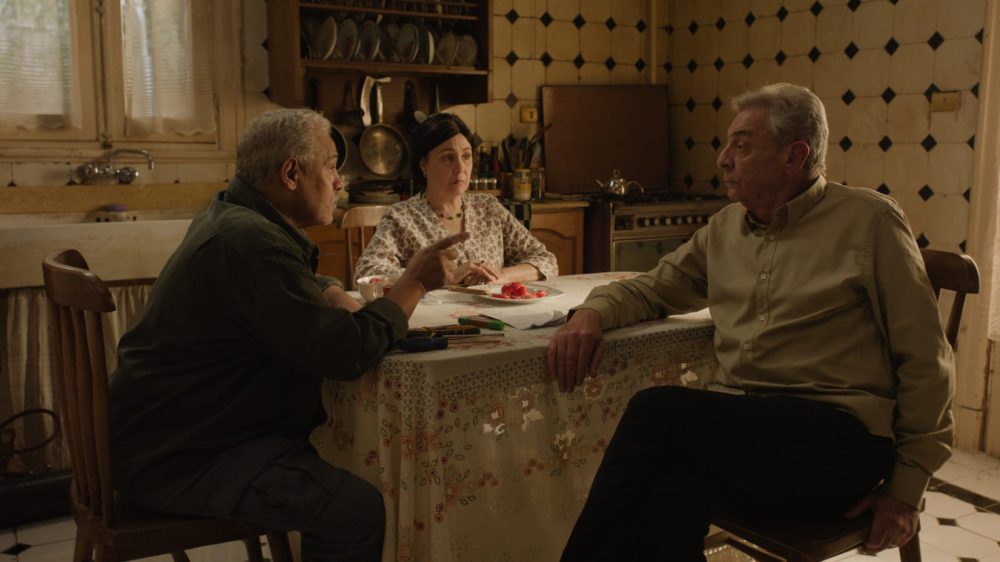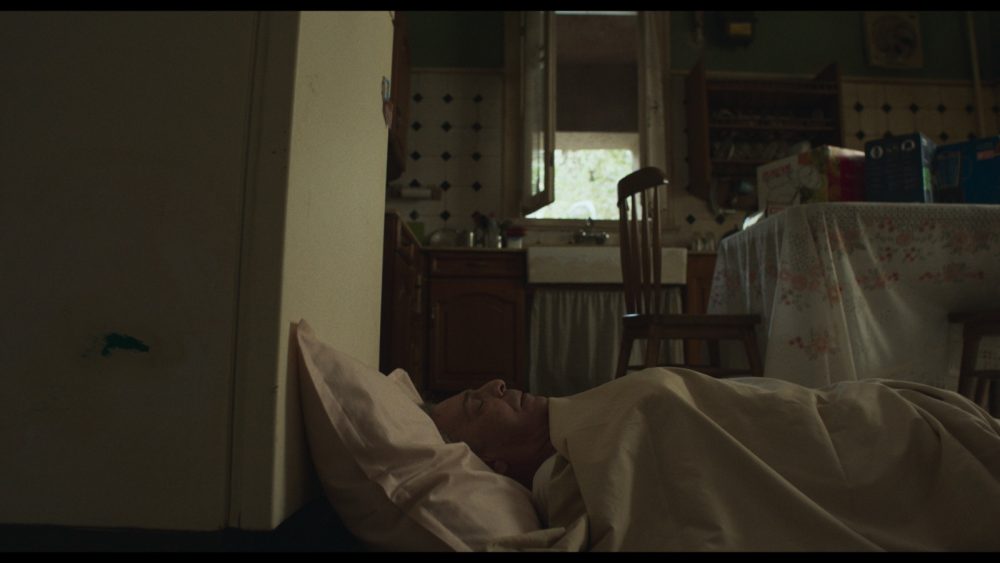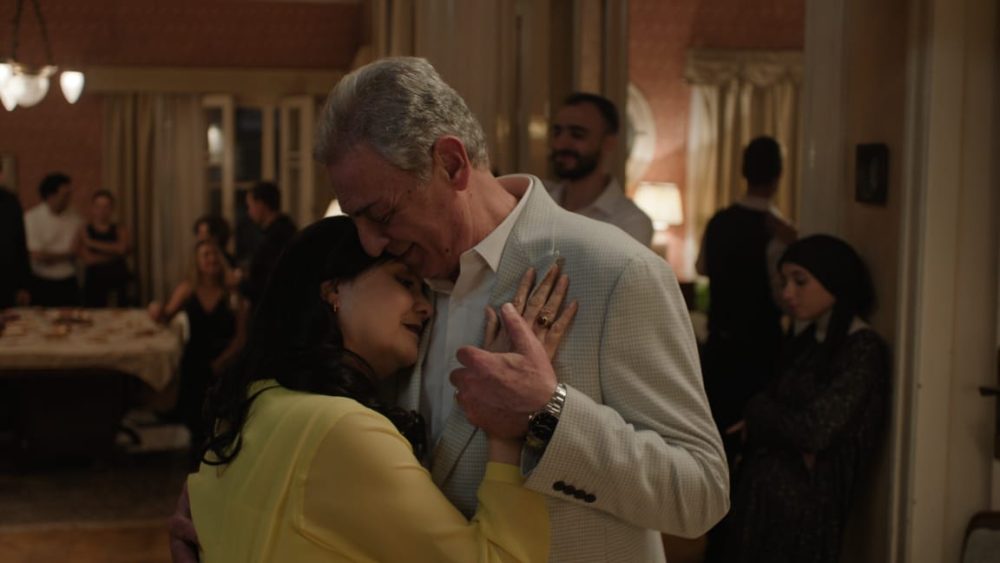
Magdy and Sama, a retired middle-class couple living in a modest apartment in Maadi, face an all-too-common problem: their aging freezer has broken down. A simple call for repair, which should have been straightforward, quickly spirals into a Kafkaesque ordeal. Technicians arrive and leave without fixing the problem, bureaucracy multiplies, and repeated failures chip away at the couple’s patience. What begins as a minor inconvenience becomes a daily ritual of frustration, negotiation, and quiet rebellion. The freezer transforms into a symbol of everything they have carried small ambitions, long-held grievances, and the dignity they are determined to preserve. Through this escalating struggle, the film examines how ordinary people confront systems that refuse to acknowledge them, and how these small domestic conflicts reveal deep truths about endurance, pride, and human resilience.
From the very first hum of the fridge, Shafiey signals that this film is about finding the extraordinary in the ordinary. Each flicker of sound, each subtle click, becomes a narrative and comedic device, anchoring the audience in both empathy and humor. Festival-goers at CIFF46 responded immediately, with laughter at the absurdity, murmurs of recognition at the frustrations, and genuine applause during quiet emotional moments. The film playfully elevates a domestic incident into a mirror reflecting wider human struggles.

The film’s comedy is born from pauses, micro-reactions, and understated timing. A slight shrug, a tense glance, a delayed response all contribute to the narrative’s humor and tension. It is observational and precise, and yet thoroughly human. The humor emerges from middle-class realities, domestic frustrations, and socially specific contexts.
Shafiey’s cinematography and framing deserve special attention. Close-ups heighten reactions and gestures, making subtle emotional beats resonate with comedic or dramatic weight. Fixed frames allow actors to move within the space dynamically, giving a sense of both confinement and dimensionality. Symmetry, controlled compositions, and low ceilings reminds you of the visual elegance of Wes Anderson, while the observational humor and timing recall Woody Allen’s influence. Yet, in every shot, the style remains fully original and Egyptian: it never feels copied, always grounded in Maadi’s middle-class domestic life, familiar cultural rhythms, and the lived reality of its characters.
Shafiey excels at showing how long-term frustration can become obsession, how minor irritations can consume lives, and how oppression social, bureaucratic, or self-imposed can imprison a person psychologically. The narrative demonstrates the cost of holding onto grievances, but also the liberating power of acceptance, human connection, and letting go. The reconciliation scene is simple, sweet, and quietly moving, highlighting Shafiey’s ability to translate profound emotional truths into subtle cinematic moments.

The cast of actors brings this world vividly to life. Mahmoud Hemida anchors the film with his quiet authority, carrying Magdy’s mounting frustrations and tender vulnerabilities with effortless grace. His performance feels lived-in: a man worn by years, yet still fighting to preserve his dignity in a world that often overlooks him. His partner, Sherine, matches him with a delicate, restrained power, portraying Sama as both patient and quietly defiant; her expressive silences speak as loudly as any line of dialogue. Hana Shiha contributes companionship and warmth, that enriches the couple’s domestic universe. Mohamed Radwan, playing the eccentric technician, injects absurdity and unpredictability, turning ordinary interactions into comedic, slightly surreal encounters that highlight social satire without ever breaking authenticity. Ahmed Abdel Hamid, though subtle, rounds out the ensemble, his measured presence and approach to the role stayed with us the whole movie.
We loved that comedy style adopted in Complaint No. 713317 is hardly seen in Egyptian cinema, which is a bold and ambitious move by the director that we got to salute him for it, because wither its dark comedy or not, movies like this one is needed to breathe some life and fresh air in the Egyptian comedy movies sphere and we believe it will help elevate the audience selection and taste.
Ultimately, Complaint No. 713317 is a masterful debut: a film where every frame, sound, gesture, and pause serves the story’s emotional and comedic aim its original in its own way, subtle and human. The film is funny, poignant, and reflective, showing that even a broken fridge can reveal the depth, humor, and resilience of human life.
